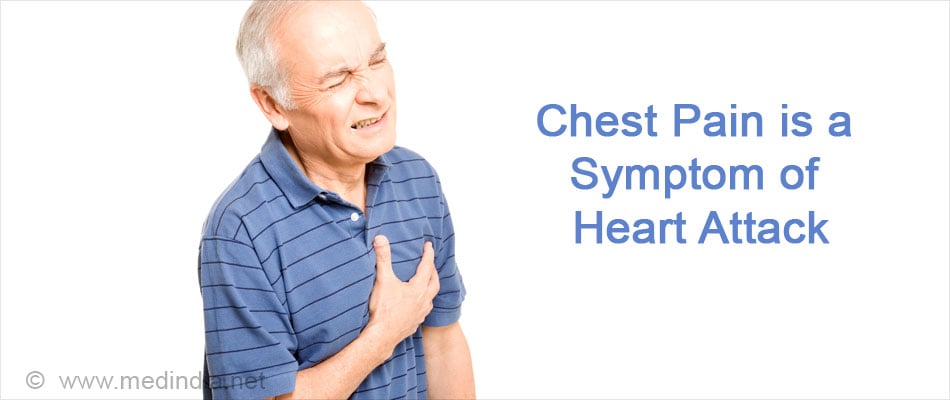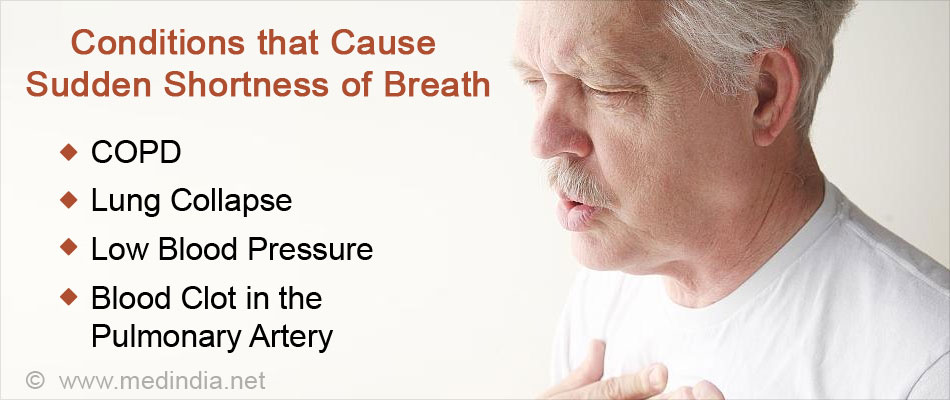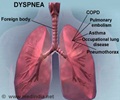- Chest Pain - (http://www.mayoclinic.org/diseases-conditions/chest-pain/basics/definition/con-20030540)
What are the Top 'Red Flags' or Warning Signs?
Any deviation from normal health can cause symptoms some of which are ominous and need immediate attention. Listed below are 10 vital 'red flags' -- warning signs that you must never ignore.
1. Chest Pain:
Chest pain is a concerning symptom because it is an important indication of a heart attack. A heart attack causes chest discomfort characterized by a feeling of squeezing or fullness or tightness. The pain may radiate to the neck, jaw and left arm. It can be associated with palpitations, breathlessness, nausea, vomiting, dizziness or sweating. Chest pain is also experienced by patients with other less serious conditions like gastroesophageal reflux disease, musculoskeletal injury or inflammation, and nerve-related problems. In patients with a heart attack, the sooner they reach the hospital, the better the survival.

2. Loss of Consciousness:
Transient loss of consciousness can occur due to dysfunction of the heart, nervous system, psychogenic attacks or orthostatic hypotension (low blood pressure in erect position). The falls can cause injuries and fractures. Loss of consciousness can be associated with seizures if the cause is neurological. Careful assessment to find the cause and timely management are essential to prevent further deterioration of the condition.
3. Shortness of Breath:
Shortness of breath can be a sudden or a gradually progressive symptom. The person feels intense chest tightness and a need for air or air hunger. It can be common during strenuous exercise or in obese individuals. It can be due to lung-related problems like asthma, chronic obstructive pulmonary disease (COPD), restrictive lung diseases, infection or collapse of the lung. Other conditions like heart failure, pericardial tamponade (excess fluid in the cavity around the heart), hypotension (low blood pressure) or a blood clot in the pulmonary artery can also cause shortness of breath, which makes it necessary to diagnose the cause early.

4. Unusual Bleeding:
Any unusual bleeding can be due to a serious condition and needs immediate attention. Blood in vomitus is unusual and it could be due to peptic ulcers, gastric cancer and esophageal cancer. Blood in stool is seen in conditions like rectal cancer, colon cancer, dysentery, hemorrhoids (piles) and anal fissure. Blood in urine may be present in people with kidney stones, kidney infections and bladder cancer. Coughing up blood occurs in lung conditions like lung cancer, pulmonary edema (fluid in the lungs), tuberculosis, pneumonia or trauma to the lungs. Post-menopausal bleeding through the vagina could be due to fibroids, or cervical or endometrial cancer. Bleeding can also occur in patients with bleeding disorders.
5. Unexplained Weight Loss:
It is well known that factors like the caloric intake and physical activity affect the weight of an individual. The health of the person is also a major factor which determines the weight changes. If a person loses more than 5% of the body weight unintentionally in 6 months to one year, he/she needs a proper evaluation. There are many health conditions which can cause weight loss and include hyperthyroidism (high thyroid hormone levels), diabetes mellitus, food intolerances, malabsorption, cancer, heart failure, infections, dental problems, and intake of certain medications.

6. Thunderclap Headache:
A thunderclap headache is a sudden and severe headache which peaks in a minute. It may be associated with nausea, vomiting or loss of consciousness. Thunderclap headaches are often due to life-threatening conditions like bleeding in the brain due to the rupture of an artery, bleeding between the membranes of the brain, a blood clot in the brain, infections like meningitis or extremely high blood pressure. Hence, it needs immediate attention.
7. High or Persistent Fever:
High fever with a temperature above 103°F needs medical attention. Conditions that cause high fever and need definitive treatment include urinary tract infection, pneumonia and endocarditis (infection of the inner lining of the heart). A low persistent fever is also equally important because it could signify underlying persistent infections or blood cancers like leukemia and lymphomas.

8. Symptoms of Stroke:
Stroke is a condition when the blood flow to a part of the brain ceases. It can be due to an obstruction in the blood flow or due to the rupture of a blood vessel. The symptoms of a stroke are thunderclap headache, sudden confusion, a sudden weakness or numbness of the face, hands and legs, sudden blurring or loss of speech, seizures, dizziness and loss of coordination. Any symptom of a stroke needs emergency medical care.
9. Severe Abdominal Pain:
A sudden or severe abdominal pain is most often an emergency. It could be due to rupture of an aneurysm of the abdominal aorta, perforation of the stomach or intestines, kidney stones, inflammations like appendicitis, diverticulitis and cholecystitis, or ischemia of the intestines (reduced blood flow to the intestines).

10. Anaphylactic Reaction:
Anaphylaxis is a life-threatening allergic reaction. Some foods, medications, latex and insect bite are some of the causes of such reactions. The symptoms include sudden rash, difficulty in breathing, wheezing, swelling of the face and tongue, dizziness and a weak pulse.













